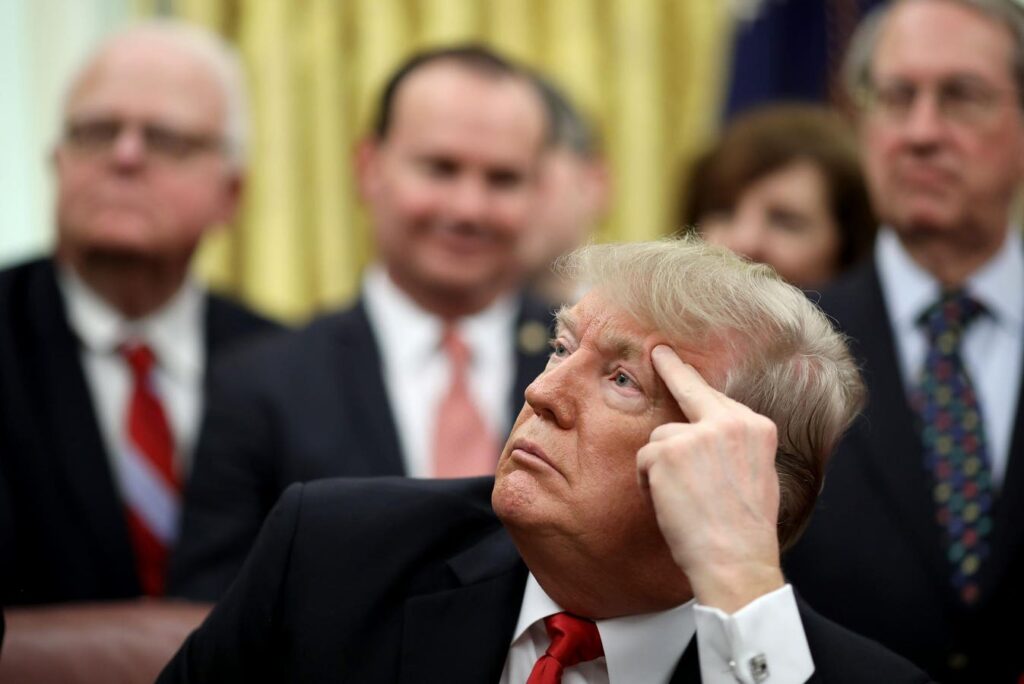In the evolving landscape of U.S. criminal justice and corrections, significant changes are anticipated with the forthcoming inauguration of President Donald Trump for a second term in January 2025. His presidency is expected to instigate a substantial shift in policies concerning the Federal Bureau of Prisons (BOP). Trump’s successful electoral victory suggests that many of his previous initiatives may be revisited or amplified, particularly in light of controversial issues such as the death penalty, incarceration rates, and private prison utilization.
One of the most noteworthy prospective shifts involves Trump’s stated intention to reinstate the death penalty at the federal level. During Joe Biden’s presidency, Attorney General Merrick Garland announced a moratorium on federal executions, emphasizing a thorough review of existing policies. The halt effectively ended federal executions after Trump oversaw the last one shortly before leaving office. With Trump returning to the White House, there is a strong likelihood that executions could resume, particularly in light of his historical support for capital punishment as a deterrent to crime.
In terms of prison reforms, Trump’s signing of the First Step Act in December 2018 aimed to facilitate certain reforms, including a system for inmates to earn credits for reduced sentences, thereby allowing more time in community settings prior to release. However, six years post-enactment, persistent challenges remain in how the BOP calculates these credits and secures adequate community housing to facilitate reintegration programs. As Trump prioritizes cost-cutting measures, it is likely he will push for further implementation efforts of the First Step Act, which might benefit eligible inmates seeking to reduce their time in federal custody.
Another significant area of change may arise concerning the use of private prisons. Trump previously championed the privatization of prison services as a solution to management challenges. In contrast, the Biden administration signaled a disfavoring of private prison contracts due to concerns over inhumane conditions. Should Trump return to office, one can expect a revival of policies favoring private prison operations, especially for housing undocumented immigrants, a move already reflected in the stock surge of major private prison firms following the election results.
Staffing within the BOP presents another critical issue that will likely remain in the spotlight under Trump’s administration. The BOP has faced chronic staffing shortages exacerbated by a hiring freeze instigated by Trump himself, alongside substantial cuts to its budget in previous years. As the BOP requested additional funding to address pressing needs, including facility upgrades, it appears unlikely these requests will be granted, indicating a potential for further resource constraints. Trump’s focus on reducing costs may lead to more stringent budget management and workforce reductions, thereby worsening existing operational challenges.
Additionally, the fate of prisoners on home confinement under the CARES Act remains uncertain. Implemented during the COVID-19 pandemic to protect vulnerable populations, this program was terminated in April 2023, but numerous inmates still remain under these orders. Trump’s previous recommendation for the return of these inmates to custody stands in contrast to Biden’s more lenient stance, which allowed the BOP discretion in determining returns. Should Trump reissue directives aligning with his earlier position, these prisoners’ futures could drastically change, adding another layer of complexity to his reform agenda.
Lastly, the leadership within the BOP has undergone significant changes during Trump’s first term, marked by the resignation and appointment of various directors. The recent appointment of Colette Peters as BOP Director hints at ongoing challenges, particularly her fractious relationships with staff and union representatives. Given Trump’s history of appointing individuals aligned with his administration’s objectives, speculation suggests he might seek a replacement to steer the BOP toward his envisioned reforms. Ultimately, the forthcoming term under Trump could reshape the operational landscape of the U.S. corrections system profoundly, potentially prioritizing cost efficiency, reinstatement of the death penalty, and expanded use of private prisons amid existing staffing challenges and public scrutiny.

